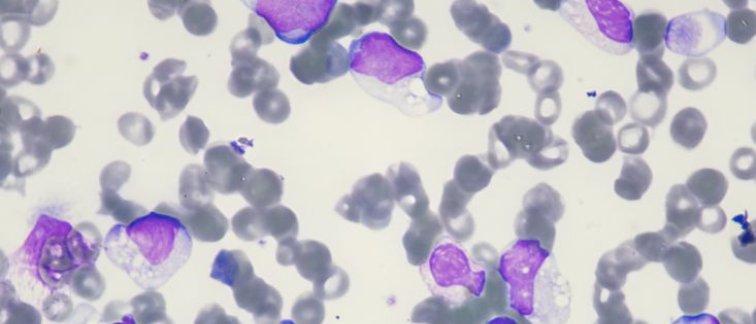After chemotherapy most leukemia cells are eliminated, however, often a small population of cells survives and is able to initiate recurrence, so called leukemia stem cells. Importantly, treatment with all-trans retinoic acid (ATRA) combined with low doses of arsenic trioxide or chemotherapy of the AML subgroup with acute promyelocytic leukemia (APL) leads to exceptionally high cure rates of more than 90%. ATRA forces APL cells into differentiation and cell death. Unfortunately, among all other AML subtypes ATRA-based therapy has so far not been effective, and long-term survival rates remain unacceptably low as only 30% of AML patients survive five years after diagnosis.
The group of Linda Smit identified that the protein IGFBP7 is able to enhance the effect of ATRA, and is able to increase ATRA-driven induction of differentiation and cell death, and inhibition of leukemic stem/progenitor cell survival in the other AML subgroups. The addition of IGFBP7 to ATRA might decrease AML recurrence rates and enhance the survival chances for patients. The result of this research is published in the journal ‘Blood Advances’.

